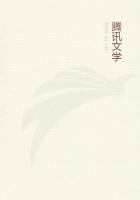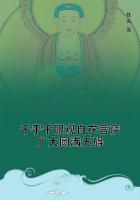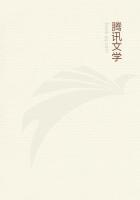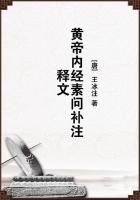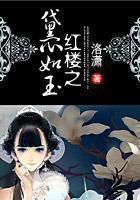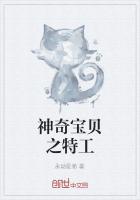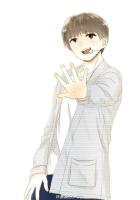'Mine eye affecteth mine heart.'--Jeremiah.
'Think, in the first place,' says the eloquent author of the Five Gateways of Knowledge, 'how beautiful the human eye is. The eyes of many of the lower animals are, doubtless, very beautiful. You must all have admired the bold, fierce, bright eye of the eagle;
the large, gentle, brown eye of the ox; the treacherous, green eye of the cat, waxing and waning like the moon; the pert eye of the sparrow; the sly eye of the fox; the peering little bead of black enamel in the mouse's head; the gem-like eye that redeems the toad from ugliness, and the intelligent, affectionate expression which looks out of the human-like eye of the horse and dog. There are many other animals whose eyes are full of beauty, but there is a glory that excelleth in the eye of a man. We realise this best when we gaze into the eyes of those we love. It is their eyes we look at when we are near them, and it is their eyes we recall when we are far away from them. The face is all but a blank without the eye; the eye seems to concentrate every feature in itself. It is the eye that smiles, not the lips; it is the eye that listens, not the ear; it is the eye that frowns, not the brow; it is the eye that mourns, not the voice. The eye sees what it brings the power to see. How true is this! The sailor on the look-out can see a ship where the landsman can see nothing. The Esquimaux can distinguish a white fox among the white snow. The astronomer can see a star in the sky where to others the blue expanse is unbroken.
The shepherd can distinguish the face of every single sheep in his flock,' so Professor Wilson. And then Dr. Gould tells us in his mystico-evolutionary, Behmen-and-Darwin book, The Meaning and the Method of Life--a book which those will read who can and ought--
that the eye is the most psychical, the most spiritual, the most useful, and the most valued and cherished of all the senses; after which he adds this wonderful and heart-affecting scientific fact, that in death by starvation, every particle of fat in the body is auto-digested except the cream-cushion of the eye-ball! So true is it that the eye is the mistress, the queen, and the most precious, to Creator and creature alike, of all the five senses.
Now, in the Holy War John Bunyan says a thing about the ear, as distinguished from the eye, that I cannot subscribe to in my own experience at any rate. In describing the terrible war that raged round Ear-gate, and finally swept up through that gate and into the streets of the city, he says that the ear is the shortest and the surest road to the heart. I confess I cannot think that to be the actual case. I am certain that it is not so in my own case. My eye is very much nearer my heart than my ear is. My eye much sooner affects, and much more powerfully affects, my heart than my ear ever does. Not only is my eye by very much the shortest road to my heart, but, like all other short roads, it is cram-full of all kinds of traffic when my ear stands altogether empty. My eye is constantly crowded and choked with all kinds of commerce; whole hordes of immigrants and invaders trample one another down on the congested street that leads from my eye to my heart. Speaking for myself, for one assault that is made on my heart through my ear there are a thousand assaults successfully made through my eye.
Indeed, were my eye but stopped up; had I but obedience and courage and self-mortification enough to pluck both my eyes out, that would be half the cleansing and healing and holiness of my evil heart; or at least, the half of its corruption, rebellion, and abominable wickedness would henceforth be hidden from me. I think I can see what led John Bunyan in his day and in this book to make that too strong statement about the ear as against the eye; but it is not like him to have let such an over-statement stand and continue in his corrected and carefully finished work. The prophet Jeremiah, I
feel satisfied, would not have subscribed to what is said in the Holy War in extenuation of the eye. That heart-broken prophet does not say that it has been his ear that has made his head waters. It is his eye, he says, that has so affected his heart. The Prophet of the Captivity had all the Holy War potentially in his imagination when he penned that so suggestive sentence. And the Latin poet of experience, the grown-up man's own poet, says somewhere that the things that enter by his eye seize and hold his heart much more swiftly and much more surely than those things that but enter by his ear. I shall continue, then, to hold by my text, 'Mine eye affecteth mine heart.'

